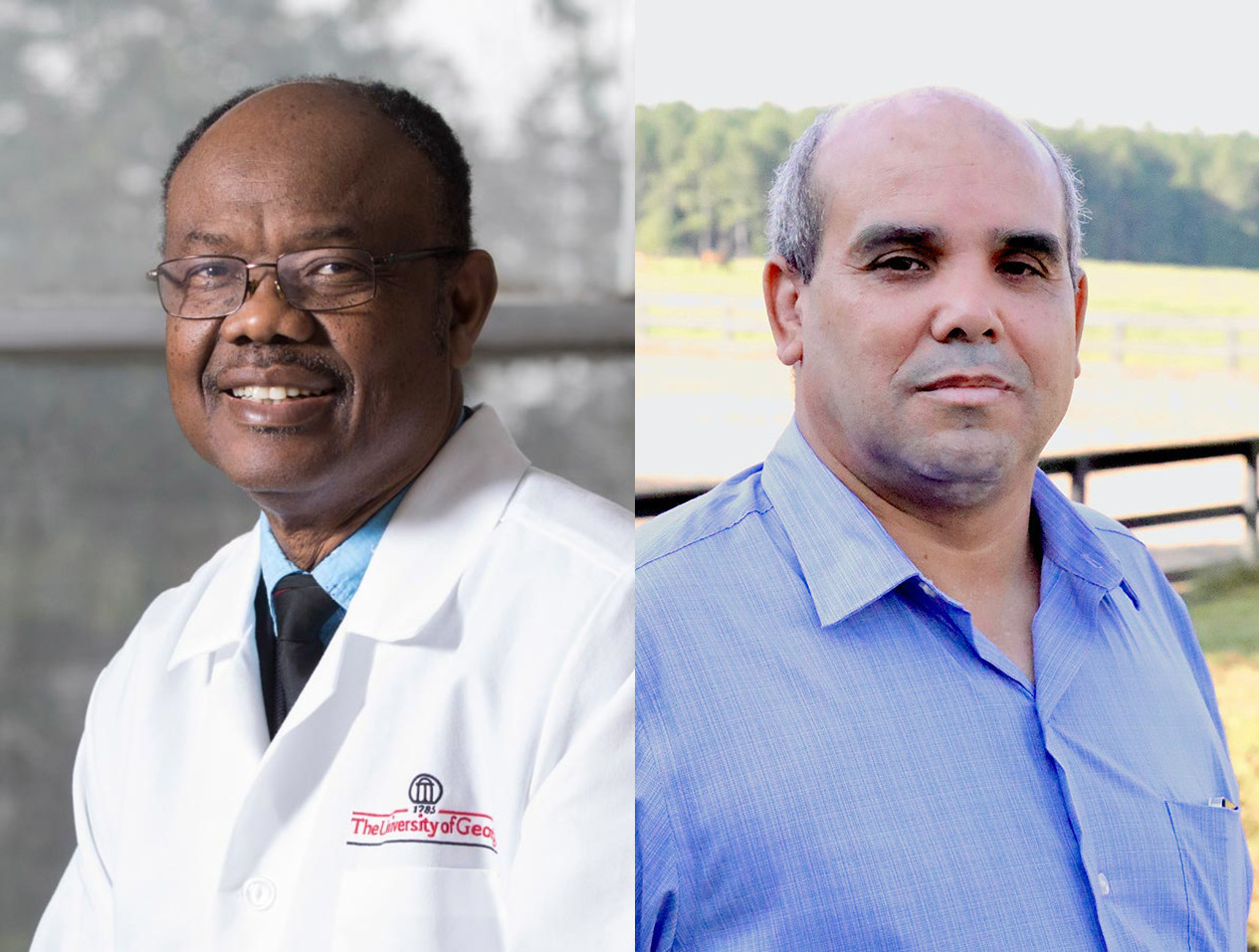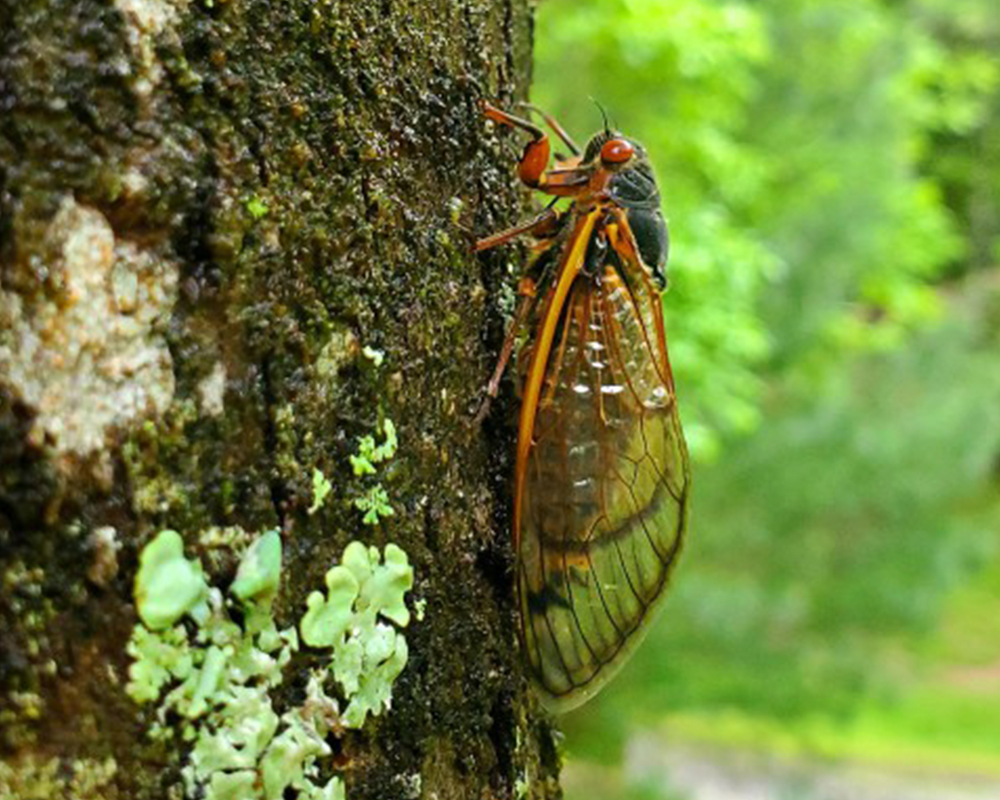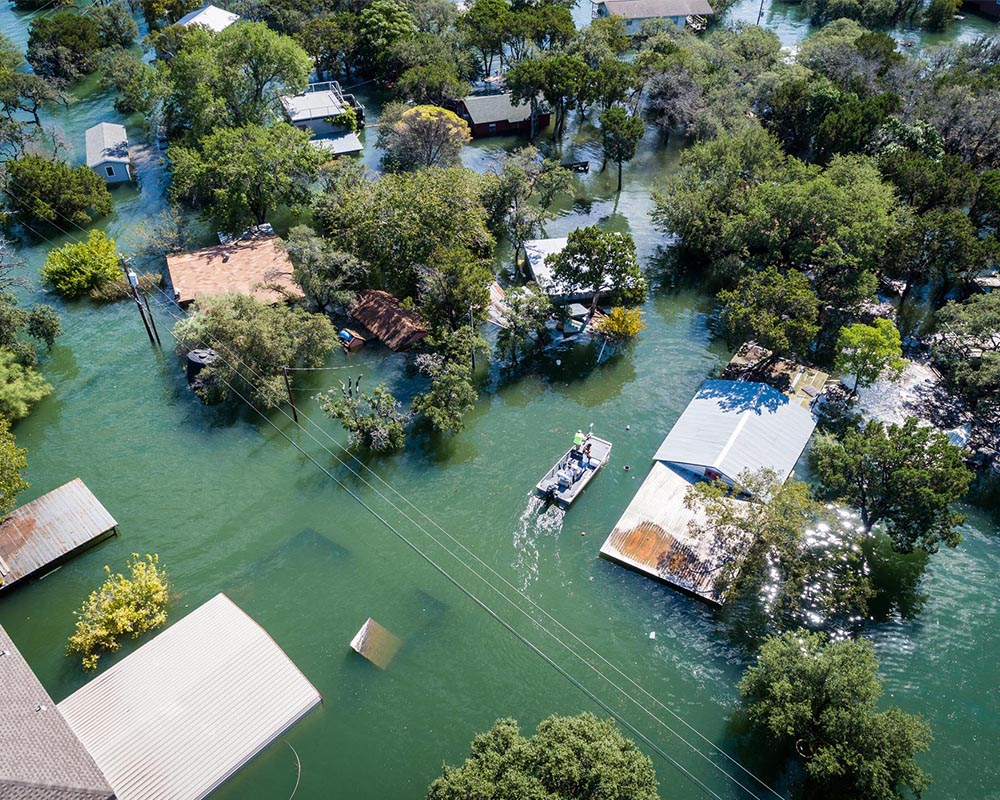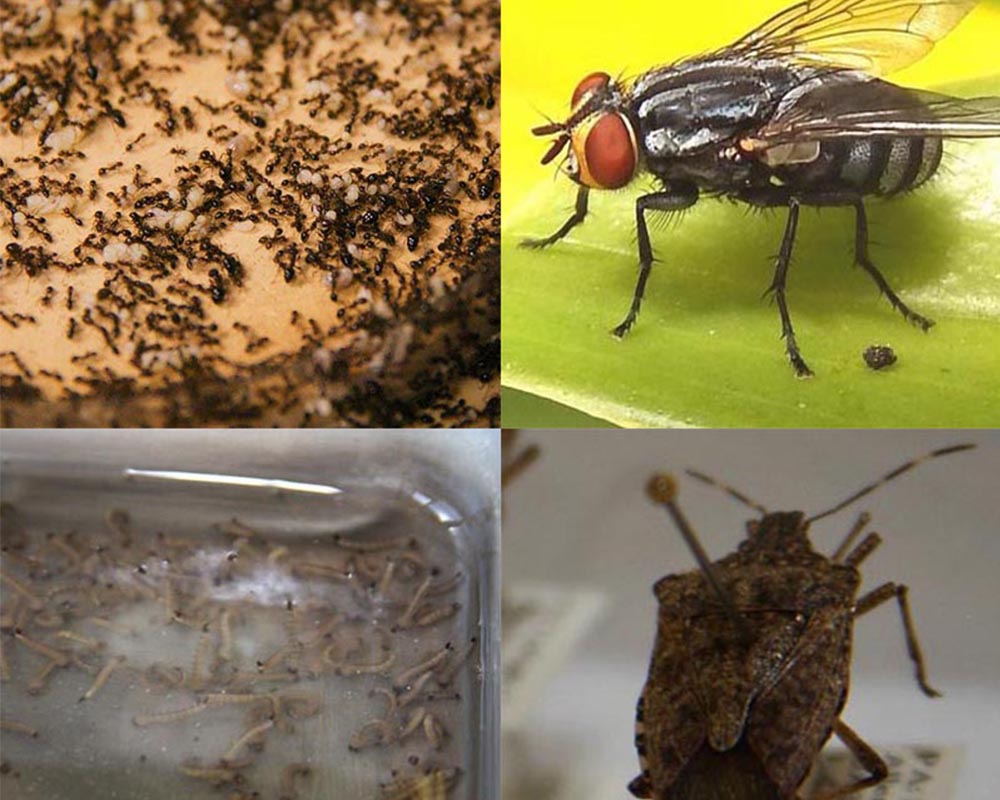.png) CAES News
CAES News
ACC Sculpture
A publicly commissioned sculpture at the new home of University of Georgia Cooperative Extension in Athens-Clarke County takes the age-old question of “Which came first, the chicken or the egg?” to new heights.

.jpg)

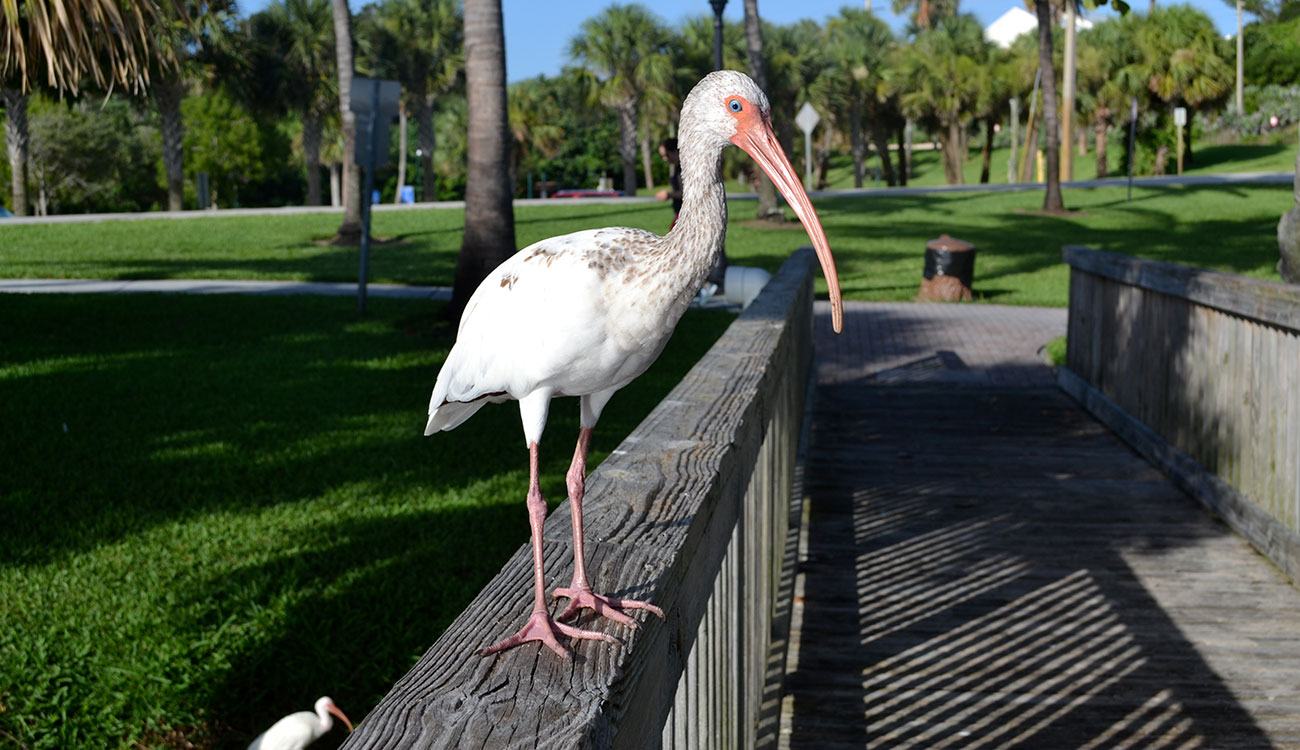
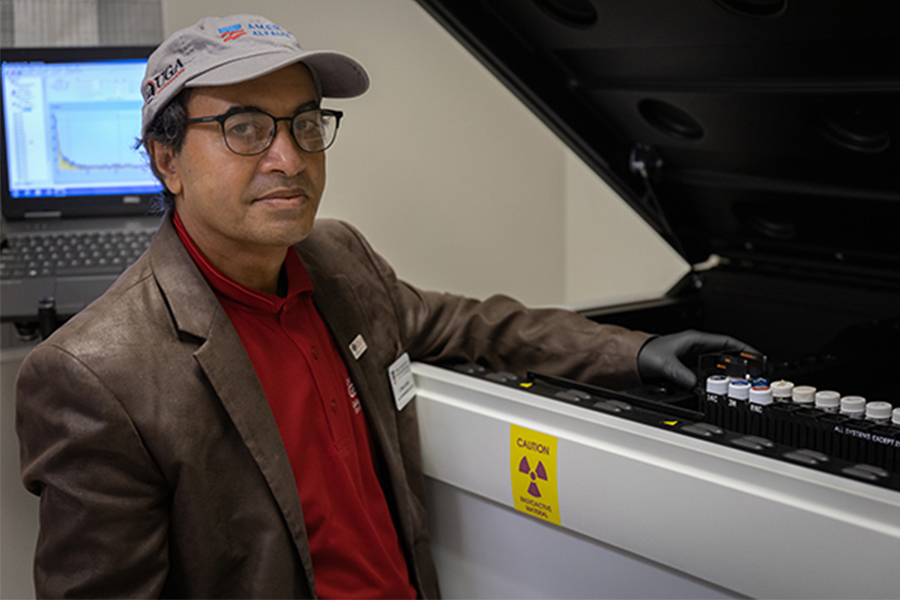
.jpg)
